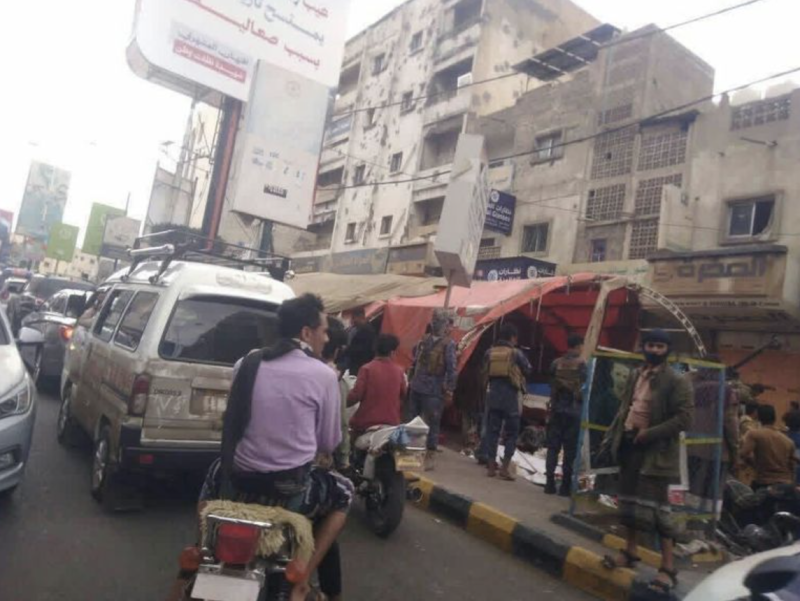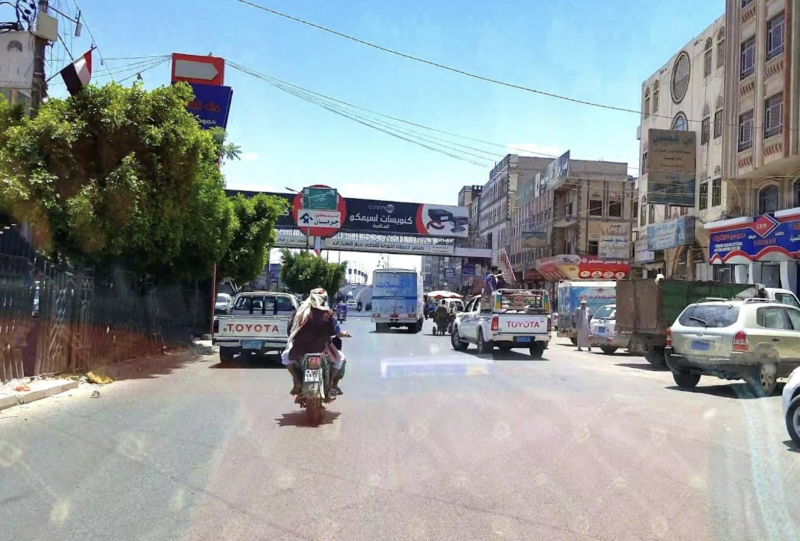Yemen Seizes 1.5 Million Captagon Pills, Alleges Houthis Fueling War Through Drug Trade


Yemeni authorities said they seized 1.5 million Captagon pills hidden on the roof of a refrigerated truck traveling from the Houthi-controlled capital, Sanaa, to Saudi Arabia — a bust that officials allege reveals a shift in regional drug trafficking routes and highlights the Houthis’ growing reliance on narcotics smuggling to fund their military operations.
The seizure, announced by Yemen’s Interior Ministry, suggests that Yemen may be emerging as a new hub in the Captagon trade following reported crackdowns in Syria, where the trade had flourished for years under the regime of President Bashar al-Assad.
According to a statement from the ministry, the truck driver admitted the shipment belonged to drug dealers in Sanaa. Authorities believe the shipment is tied to the Iran-backed Houthi militia, and say it reflects the presence of extensive drug production and smuggling networks operating inside Houthi-controlled territory.
Brig. Gen. Abdullah Lahmadi, director general of drug control at the ministry, said the discovery underscores the scale of trafficking allegedly supported by the Houthis.
Information Minister Muammar al-Eryani of the internationally recognized Yemeni government wrote on X that this attempt comes at “a sensitive time after the fall of the Bashar al-Assad regime in Syria, which represented the main corridor for the Captagon trade to the Gulf states.”
“With the collapse of [the Assad] regime, the Houthis exploited the resulting vacuum to enhance their criminal activities and transform Yemen into a new starting point for drug smuggling, which deepens their security threats and further deteriorates the regional situation,” he added.
Al-Eryani said the seizure “highlights the malicious tactics that the Houthi militia relies on to finance its military operations and terrorist activities.”
Abdulhamid Amer, head of the National Center for Strategic Studies, echoed the accusation, telling the Organized Crime and Corruption Reporting Project (OCCRP) that the Houthi group “relies heavily on drugs to finance its ongoing wars.”
A 2024 report by a U.N. Panel of Experts on Yemen also accused the Houthis of generating “substantial illegal resources” through trafficking in drugs, arms and telecommunications equipment.
Amer pointed to a rise in drug smuggling toward Saudi Arabia and the Gulf after the Assad regime’s collapse and the weakening of Hezbollah in Syria — two groups previously linked to Captagon trafficking. He said the shift has been enabled by the Houthis’ control over large areas in Yemen.
Among the signs of increased smuggling, Amer cited a surge in land and maritime trafficking operations, a spike in drug volumes, the rise of commercial and agricultural fronts used for laundering, and growing domestic drug use, especially among youth.
While the internationally recognized Yemeni government has accused the Houthis of spearheading the shift in the Captagon trade, the Houthi authorities have blamed Saudi Arabia. In 2021, Abdul Khaleq Al-Ajri, then-spokesman for the Houthi-run Interior Ministry, alleged that Riyadh was behind large-scale drug smuggling. He claimed Saudi Arabia released 3,000 Yemeni prisoners on the condition that they engage in trafficking within Yemen.
Saudi Arabia backs Yemen’s Presidential Leadership Council (PLC), which leads the internationally recognized government and is tasked with uniting anti-Houthi factions.
A Houthi government spokesperson was not immediately available for comment.
Meanwhile, Syria’s interim government has claimed to be cracking down on the Captagon trade. Transitional Interior Minister Anas Khattab recently said all production facilities in the country had been shut down. But evidence suggests smuggling continues: in a recent incident, authorities intercepted 200,000 Captagon pills being smuggled through Syria.
Still, the Washington-based New Lines Institute for Strategy and Policy noted that seizures have not led to significant arrests of traffickers.
“The technical knowledge to produce Captagon remains and could be redeployed elsewhere. Smuggling networks continue to operate, though likely on a diminishing scale, as regime-linked stockpiles dwindle,” the institute said in a recent report.
The group also noted that Syria’s interim government “lacks the institutional capacity for effective counternarcotics operations,” with primitive disposal methods such as burning or dumping pills into waterways.
Syria became the region’s leading source of Captagon during the last decade, with the Assad regime accused of transforming the country into a narco-state. A 2023 joint investigation by OCCRP and the BBC found that members of the Assad family and Syrian Armed Forces were directly involved in the billion-dollar trade.

Taiz — Local sources reported Thursday that security forces dismantled protest camps set up along Jamal Street in central Taiz, following a d…

Sana’a — Police in the Yemeni capital announced Wednesday the arrest of two suspects accused of killing a man and his wife on Khawlan S…

Sana’a — Local sources reported that four civilians, including two women and a child, were killed when an armed assailant opened fire o…